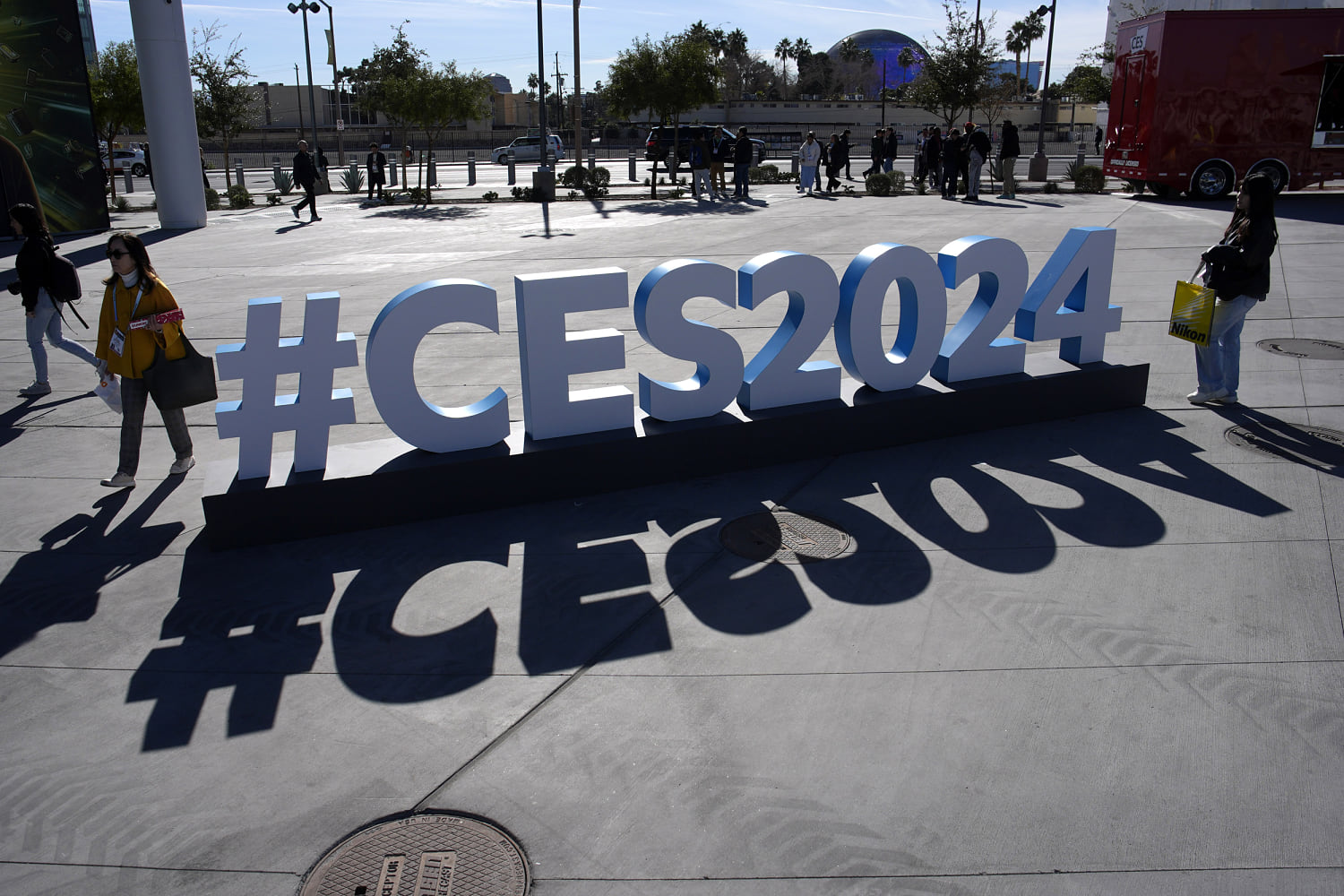When it comes to the annual CES (Consumer Electronics Show) in Las Vegas, there are always groundbreaking innovations that capture our imagination. However, not all products showcased at the event are created equal. In fact, some can be downright harmful to both individuals and society as a whole. This year, a panel of consumer and privacy advocates has identified the “Worst in Show” – the products that pose the greatest risks to our safety, perpetuate wasteful consumption, and normalize privacy violations.
Unveiling the Worst in Show
The self-proclaimed dystopia experts behind this annual contest have announced their picks for the year. The judges, representing influential groups such as Consumer Reports and the Electronic Frontier Foundation, have evaluated the products based on their distinct level of badness, potential impact if widely adopted, and how they compare to previous iterations of similar technologies. The choices were made independently and without any affiliation to CES or the trade group that runs the expo.
Dangerous Car Tech
Automotive technology has become a major focus at CES, and this year was no exception. One of the products receiving criticism was a partnership between carmaker BMW and Amazon’s voice assistant, Alexa. While the idea of using Alexa to control your car’s functions may sound convenient, it raises serious concerns about privacy and safety. Imagine if that voice was being controlled by an abusive ex-partner, turning your vehicle into a tracking device. The judges rightfully demand that victims have the ability to disable this feature. BMW assures customers that privacy is a priority and they have control over their data.
Earbud Dud
German audio electronics-maker Sennheiser displayed their fourth-generation Momentum True Wireless ear headphones, known for their durability. However, this latest iteration disappointed the judges. Priced at $300, these earbuds are deemed a “betrayal of the brand” because they are designed to be disposable. With three separate batteries that are likely to fail after a few years and cannot be easily replaced, this product is far from sustainable. The judges suggest that Sennheiser should focus on selling batteries and providing repair instructions to prolong the lifespan of these earbuds.
Who Asked for More Grocery Ads?
Instacart’s “AI-powered” shopping cart with video ads caught the attention of one judge. Equipped with cameras and sensors, the cart displays real-time recommendations based on the items customers put in it. While this may seem helpful, the judge questions the sanity of bombarding customers with ads for junk food they’ve purchased in the past. Navigating the grocery store can already be overwhelming, and these ads only make the experience worse.
Robot Vacuums and ‘Macrowaves’
China-based robot vacuum-maker Ecovacs received the cybersecurity “Worst in Show” award. Their latest product, the X2 Combo, combines various intrusive surveillance features, such as cameras, microphones, LiDAR, voice recognition, and computer vision. The concern is that these unencrypted images and video feeds could be easily hacked, compromising users’ privacy.
Revolution Cooking’s $1,800 “macrowave” earned the title of environmental impact “Worst in Show.” While this combination of a microwave and convection oven may be trendy, it perpetuates wasteful consumption. By adding electronics to perfectly functional appliances, manufacturers encourage consumers to discard their existing devices, resulting in increased environmental impact.
For the latest news and features on technology and more, visit F5Mag.com.
Source: NBC News

